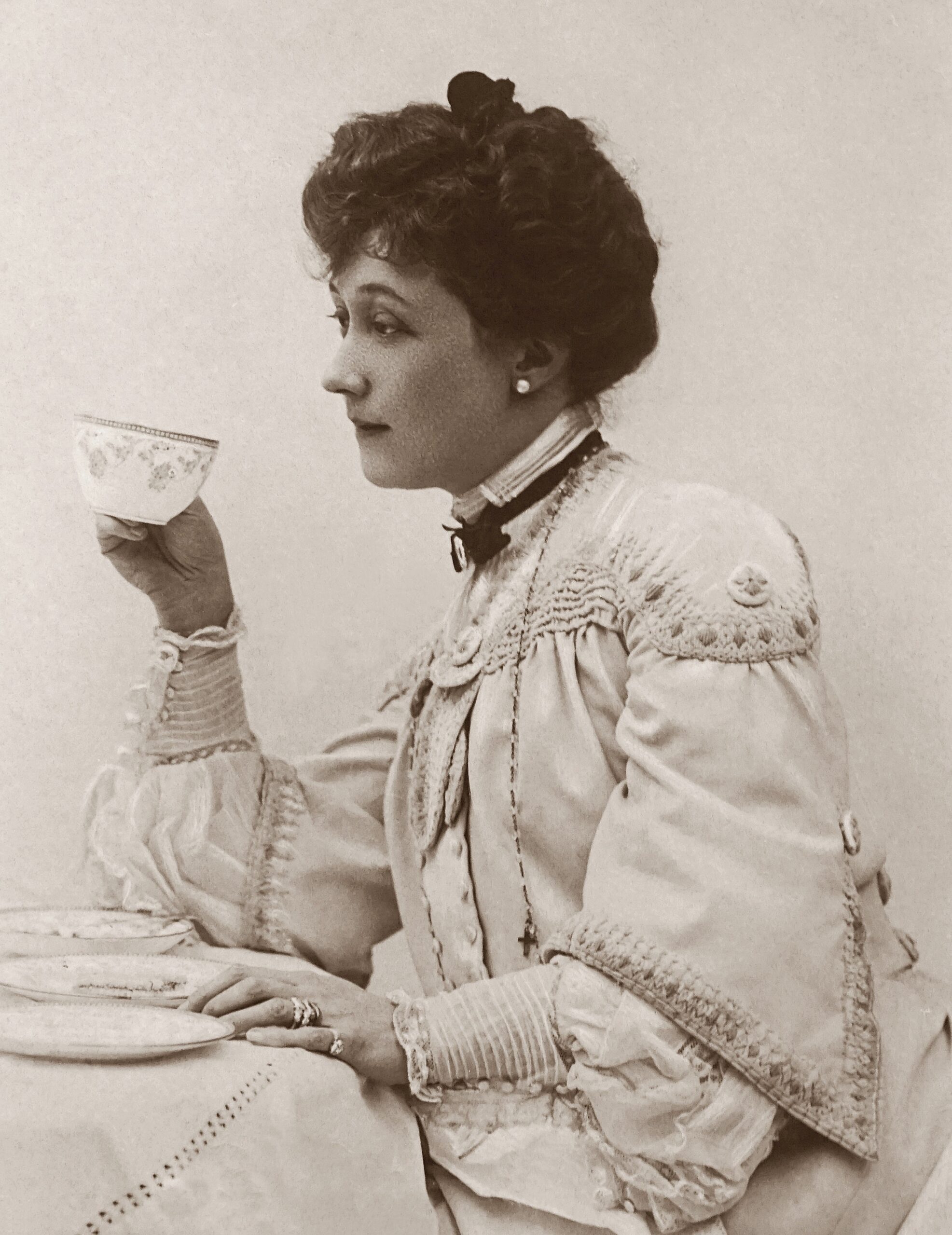I stuffed a shirt or two into my old carpetbag, tucked it under my arm, and started for Cape Horn and the Pacific.
First off, I confess that I have always wanted to own a carpetbag. That is all.
Ishmael has now set off on his journey, and sets a course for New Bedford (In Massachusettes. They have a whaling museum!) in order to sail from there toward Nantucket (which also has a whaling museum, for anyone planning a whale-centric vacation anytime soon). He misses the boat, and so must spend two nights in New Bedford before he can obtain a spot on a Nantuckian ship.
For my mind was made up to sail in no other than a Nantucket craft, because there was a fine, boisterous something about anything connected with that famous old island, which amazingly pleased me.
(In fact, a little research will tell you all about the whaling rivalry between the two places, and how New Bedford began to quickly outstrip Nantucket in whale oil production in the mid to latter half of the nineteenth century. In my mind, they attempted to settle all grievances by sending emissaries to a nautical-themed rumble.)
Unfortunately for Ishmael, he’s a bit short on funds, and being “a very dark and dismal night, bitingly cold and cheerless” he knows he better find some lodgings quick or Melville’s tale won’t make it to Chapter Three.
He begins his search through New Bedford, passing several inns which are immediately skipped over for looking too “jolly”. In Melvillian terms, that means “expensive”.
I now by instinct followed the streets that took me waterward, for there, doubtless, were the cheapest, if not the cheeriest inns.
After stumbling on past dreary houses devoid of light and life, he finally happens upon a place more suited to his pecuniary needs.
As the light looked so dim, and the place, for the time, looked quiet enough, and the dilapidated little wooden house itself looked as if it might have been carted here from the remains of some burnt district, and as the swinging sign had a poverty-stricken sort of creak to it, I thought that here was the very spot for cheap lodgings, and the best of pea coffee.
That place sounds like an absolute delight.
(Note: Before you freak out about “pea coffee”, they mean coffee made from green peas, and not… that other kind of “pee”.)
And now that Ishmael has found a place to stay, he embarks on a page-long philosophical bit about “that tempestuous wind Euroclydon” which then brings in Lazarus and Dives (from the Biblical parable of the rich man (“dives” being a word for “rich man” in the Vulgate, and not an actual name) and Lazarus (but not THAT Lazarus, the one who was all raised from the dead and such)), and though the prose is achingly lovely, and there are great lines such as “give me the privilege of making my own summer with my own coals” and “he too lives like Czar in an ice palace made of frozen sighs” and “drinks the tepid tears of orphans” (Tepid Tears of Orphans TOTALLY being the new name for my imaginary band), I have to admit that I got a bit lost.
So:
Euroclydon.
Dictionary.com defines it as “a stormy wind from the north or northeast that occurs in the Levant, which caused the ship in which St Paul was travelling to be wrecked (Acts 27:14)” or as any “great wind” and Wikipedia (I know, take everything they say with grain of salt) states that it is “a cyclonic tempestuous northeast wind which blows in the Mediterranean, mostly in autumn and winter”.
*ahem*
It stood on a sharp bleak corner, where that tempestuous wind Euroclydon kept up a worse howling than ever it did about poor Paul’s tossed craft.
See? Makes total sense now.
And now, after all of that, Ishmael is finally about to step inside his new lodgings at The Spouter-Inn.
Let us scrape the ice from our frosted feet, and see what sort of place this “Spouter” may be.
Next week? Chapter Three: The Spouter-Inn

